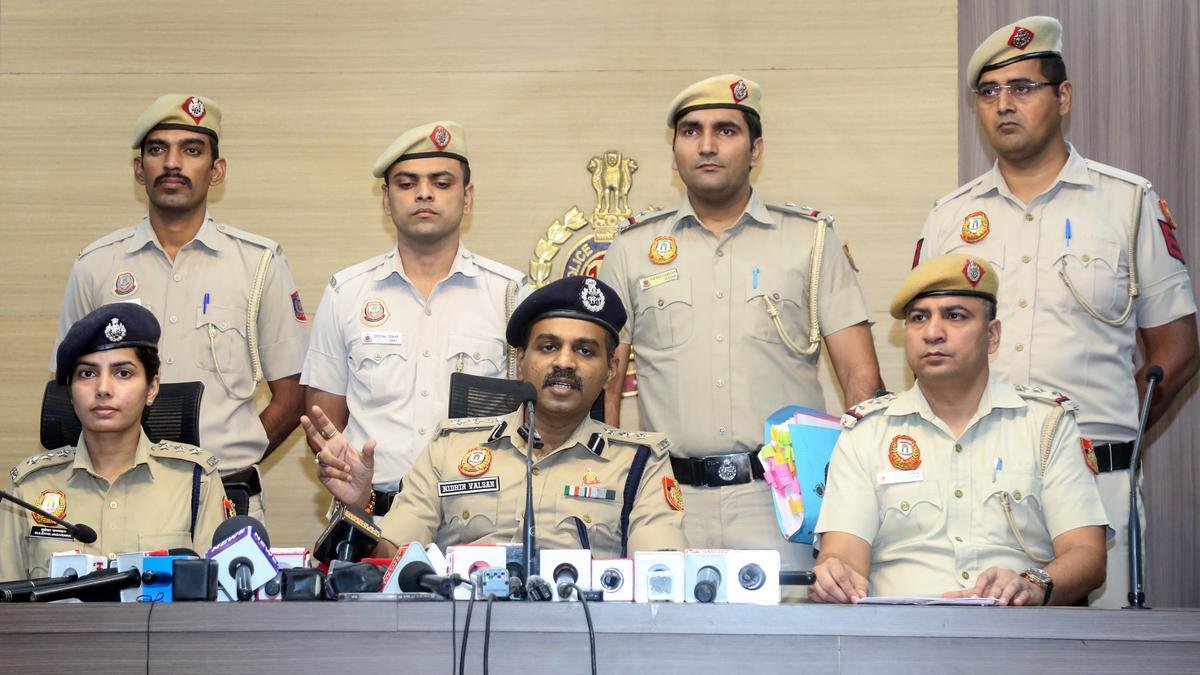Why in the News?
- CBSE has approved open-book assessments for Class 9 from the 2026–27 academic year.
- The Governing Body (the Board’s highest decision-making authority) cleared the proposal in June 2025.
- Decision follows a pilot run (Nov–Dec 2023) in select CBSE schools for Classes 9–12 across specific subjects; the pilot reported strong teacher support for OBEs.
Key Highlights
- What exactly has CBSE approved?
- Integrate open-book assessments in Class 9 as part of school-level written assessments from 2026–27.
- The move targets a shift away from rote memorisation toward application and reasoning.
- How will it be conducted (initial framing)?
- Planned as part of three pen-and-paper assessments per term in core subjects (languages, mathematics, science, social science).
- CBSE will develop standardised sample papers to guide question quality and elicit higher-order thinking.
- What did the pilot show?
- Performance ranged between approximately 12% – 47%, indicating many students struggled to use resources and connect ideas across topics.
- Teachers backed the format, but highlighted the need for structured guidance on how to navigate materials and apply knowledge.
- Policy alignment (NEP/NCFSE 2023)
- NEP 2020 and NCFSE(National Curriculum Framework for School Education) 2023 urge a competency-based approach and assessments that reduce fear and test understanding, application, and problem solving.
- CBSE cites this policy direction as the rationale for OBE.
- Context from India’s past efforts
- CBSE’s Open Text-Based Assessment (OTBA) ran in Class 9 (five subjects) and Class 11 (three subjects) from 2014, then discontinued in 2017–18 for not building the “critical abilities”
- OBE has a stronger footprint in higher education (AICTE-approved, widely used during COVID-19).
Implications
- For students (study methods & well-being)
- Preparation must shift from memorising to organising; annotating texts, building indexes, and practising retrieval + application under time limits.
- Potential for lower exam anxiety, but only if students receive explicit training on using resources effectively.
- For teachers (assessment design & pedagogy)
- Need to craft case-based, multi-step questions that require synthesis, not lookup.
- Greater emphasis on formative tasks (source analysis, open-ended prompts) to cultivate OBE skills through the term.
- For schools (capacity & systems)
- Schools must orient parents and students, set materials policies (what is “open”), and ensure library/classroom resource access.
- Internal moderation may be needed to maintain question quality and comparability across sections.
- For coaching & ed-tech
- Likely pivot from “notes to memorise” toward skill drills (argument mapping, evidence use, quick referencing).
- Tools simulating OBE conditions (timed, resource-allowed practice) may gain prominence.
- For policy & the exam ecosystem
- Offers a pathway to competency-based assessment in lower secondary, consistent with NEP/NCF.
- If quality-assured, OBE could gradually re-shape board-exam preparation cultures away from last-minute cramming.
Challenges and Way Forward
| Challenge | Why it matters | Way Forward |
| Weak student performance in pilot (12%–47%) | Signals difficulty in using resources, analysing interdisciplinary prompts | Provide OBE skill-building modules (question deconstruction, indexing, citation basics); share worked exemplars with annotated answers |
| Question quality & depth | Poorly designed OBEs become “open-notes recall tests” | Item-writing training for teachers; require multi-step, context-rich items; CBSE blueprints & rubrics for command terms (analyse, evaluate, justify) |
| Inconsistency across schools | Internal exams risk variable rigour | Moderation & calibration: peer review of papers, question banks, and post-test standard setting using exemplars |
| Equity of access to resources | Unequal availability of texts/notes disadvantages some students | Define approved resource lists, ensure library sets and classroom copies, allow student-made reference sheets with clear size/format rules |
| Time management in OBEs | Students may over-search and under-answer | Practice timed OBE mocks; teach reference-first strategies (skim, mark, attempt) and answer-planning |
| Teacher workload & readiness | Designing/ grading OBE items is demanding | Schedule collaborative item-writing sprints; share subject-wise item banks; use analytic rubrics for quicker, fairer grading |
| Parent & student expectations | Misconception that OBE = “easy” may backfire | Orientation sessions with demos comparing closed-book vs OBE responses; publish FAQ |
| Risk of repeating OTBA pitfalls | OTBA ended in 2017–18 for limited impact | Avoid pre-circulated texts; emphasise novel stimuli and transfer tasks; track learning outcomes, not just scores |
Conclusion
CBSE’s OBE move is a deliberate push toward competency-based learning in line with NEP/NCF, but the pilot underlines a skills gap in how students and teachers approach such exams. Success will hinge on high-quality question design, explicit training in OBE strategies, and equity-minded implementation within schools. If these guardrails hold, Class 9 OBEs from 2026–27 can reduce rote dependence and cultivate the very abilities, analysis, synthesis, application, that India’s school system has long sought.
| Ensure IAS Mains Question Q. Discuss the significance of CBSE’s decision to introduce open-book assessments in Class 9 from 2026–27. How does this align with the National Education Policy 2020, and what challenges could arise in its implementation? (250 words) |
| Ensure IAS Prelims Question Q. Consider the following statements: 1. CBSE has decided to implement open-book assessments for Class 9 from the academic year 2026–27. 2. The Open Text-Based Assessment (OTBA) introduced by CBSE in 2014 was discontinued in 2017–18. Which of the statements given above is/are correct? a) 1 only b) 2 only c) Both 1 and 2 d) Neither 1 nor 2 Answer: c) Both 1 and 2 Explanation: Statement 1 is correct: The CBSE Governing Body has approved the introduction of open-book assessments for Class 9 starting in the 2026–27 academic session. This decision comes after a pilot conducted in 2023 showed strong teacher support. Statement 2 is correct: The Open Text-Based Assessment (OTBA) was launched by CBSE in 2014 for select subjects in Classes 9 and 11 but was discontinued in 2017–18 as it did not achieve the intended development of critical thinking skills. |





